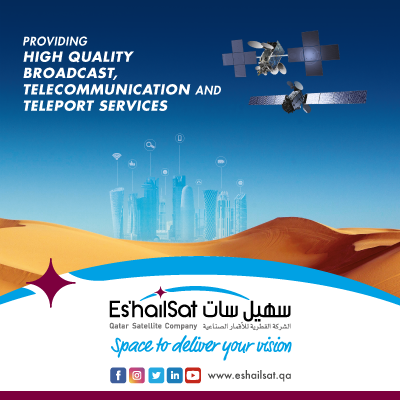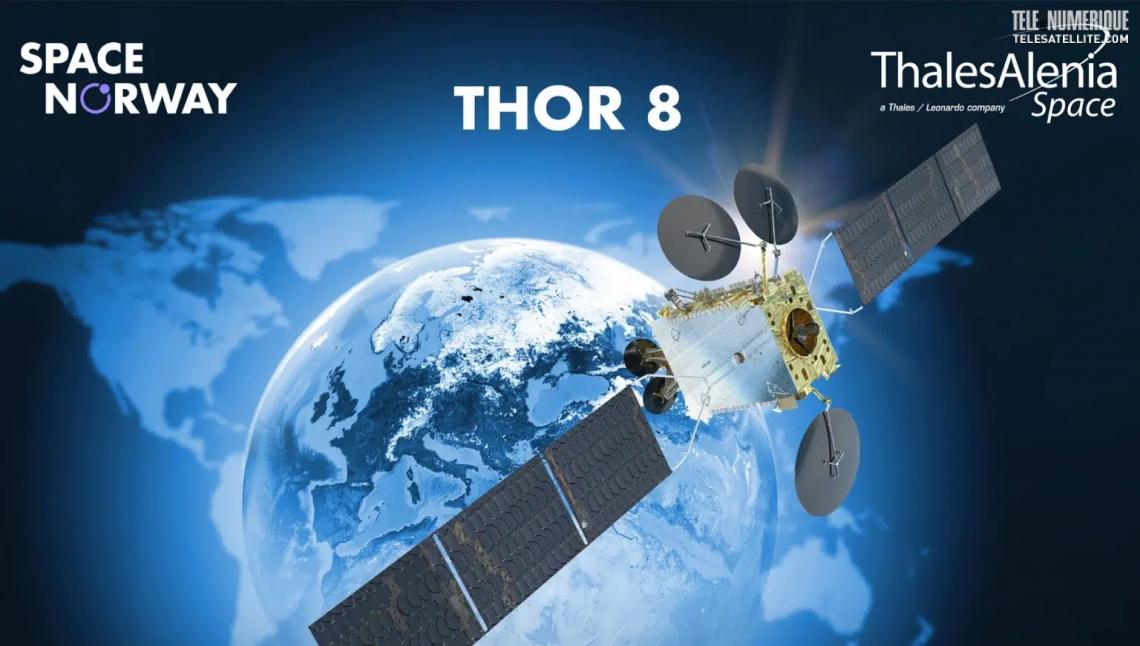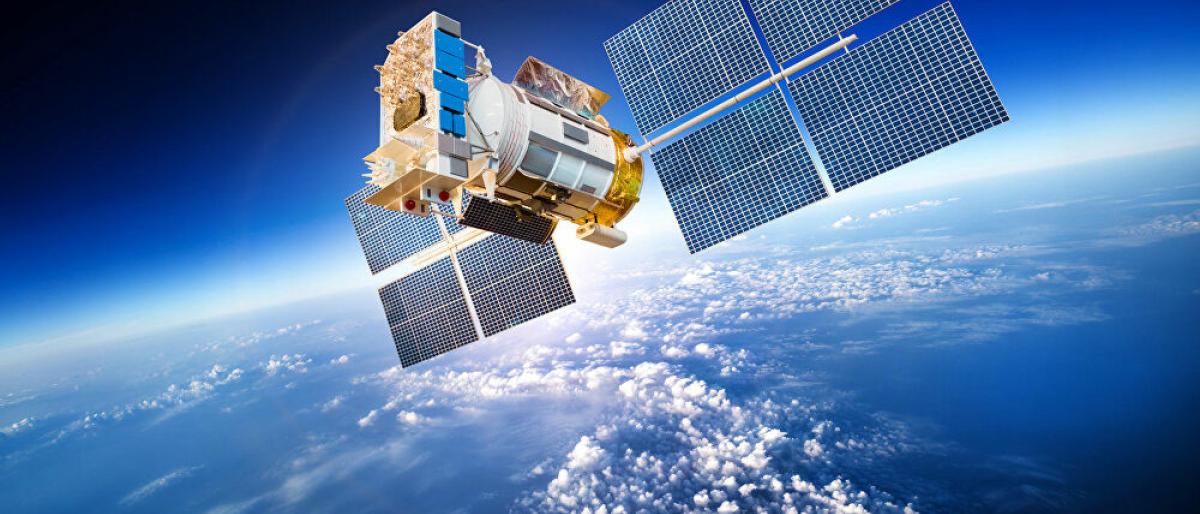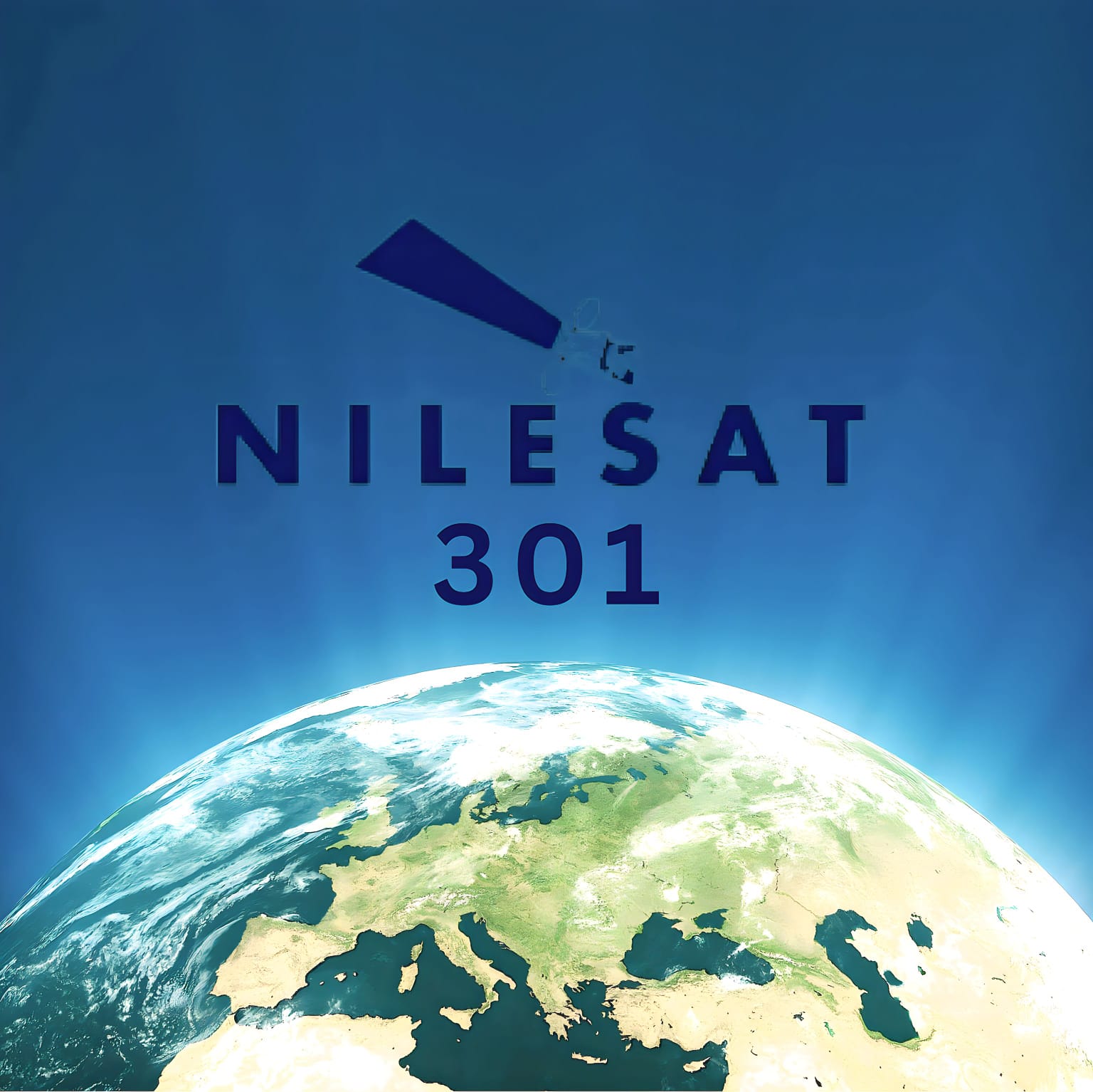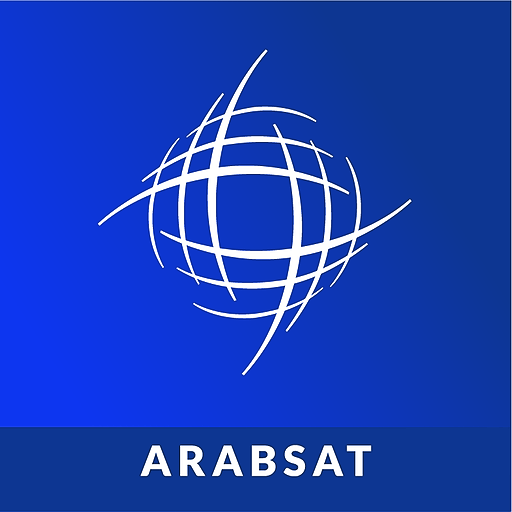Thor Satellite System: A Pinnacle of Connectivity and Broadcasting 2025 🌌
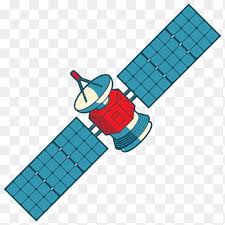
The Thor satellite system, masterfully orchestrated by Space Norway, stands as a beacon of innovation in global satellite communications, illuminating Europe, the MENA, Northern Africa (MENA), and beyond with unparalleled broadcasting and connectivity.
Anchored at the prime orbital slot of 0.8° to 1° West, the Thor fleet—comprising Thor 5, Thor 6, Thor 7, Intelsat 10-02, and the forthcoming Thor 8—delivers over 1,000 television and radio channels 📡 to 18 million households.
From vibrant DTH broadcasts to high-speed maritime broadband, Thor is a trailblazer in connecting people, cultures, and industries.
This article dives into the Thor system’s cutting-edge technology, its transformative impact, key frequency details for tuning, and expert tips for seamless Signal Signal Signal Signal Signal Signal Signal Signal Signal Signal Signal Signal Signal Signal Signal Signal Signal Signal Signal Signal Signal Signal Signal Signal Signal Signal Signal Reception as of July 2025.
Why Thor Shines Bright 🌟
-
Global Reach 🌍: Blankets the Nordics, Central and Eastern Europe, the MENA, and maritime hubs like the North Sea, Baltic Sea, and Mediterranean with Ku- and Ka-band beams.
-
Broadcasting Brilliance 📺: Streams crystal-clear High Definition and SD channels, featuring global giants like BBC, Disney, and Eurosport, captivating audiences with stunning visuals.
-
Maritime Mastery ⚓: Powers high-speed broadband for ships and offshore platforms, boosting crew welfare and operational excellence with 2–6 Mbps uplink speeds.
-
Technological Vanguard 🚀: Harnesses advanced payloads, including Thor 7’s Ka-band high-throughput satellite (HTS) and Thor 8’s dual-purpose design for commercial and government use.
-
Versatile Access 🔓: Offers a blend of free-to-air and encrypted channels, ensuring inclusivity for diverse viewers and broadcasters.
The Thor Fleet: A Constellation of Excellence 🛰️
Space Norway’s Thor satellites are a testament to engineering prowess, evolving to meet the demands of modern connectivity. Here’s a closer look at the fleet as of July 2025:
-
Thor 5 🌠: Launched in February 2008 aboard a Proton-M rocket by Orbital Sciences Corporation, Thor 5 operates on the STAR-2 platform with 24 Ku-band Satellite Transmitters (3.6 kW power). Positioned at 1° West, it powers DTH television and telecommunications across the Nordics, Europe, and the MENA, remaining a steadfast pillar of the fleet.
-
Thor 6 (Intelsat 1W) 📡: Launched in October 2009 via an Ariane 5 rocket by Thales Alenia Space, Thor 6 leverages the Spacebus-4000B2 platform with 36 Ku-band Satellite Transmitters (16 for Nordics, 20 for Central/Eastern Europe). Stationed at 0.8° West, it succeeded Thor 3, supporting DTH and broadband services, with Intelsat leasing 10 Satellite Transmitters.
-
Thor 7 🌊: Launched in April 2015 by Space Systems/Loral (SSL) on an Ariane 5 rocket, Thor 7 is a multi-mission marvel with 11 Ku-band Satellite Transmitters for broadcasting and 25 Ka-band spot beams for maritime broadband. Covering the North Sea, Red Sea, Baltic Sea, Persian Gulf, and Mediterranean, it delivers 2–6 Mbps uplinks and is positioned at 1° West, with a lifespan beyond 2030.
-
Thor 10-02 (Intelsat 10-02) 🔧: Launched in June 2004 by Thales Alenia Space, this satellite, co-operated with Intelsat, received a groundbreaking mission extension in 2021 via Northrop Grumman’s Mission Extension Vehicle-2 (MEV-2). At 1° West, it supports broadcasting and connectivity across Europe and the MENA.
-
Thor 8 (Future) 🔮: Commissioned in 2025 from Thales Alenia Space, Thor 8 is a dual-use satellite with Ku- and Ka-band payloads, set for launch around 2028.
-
It will elevate broadcasting in the Nordics and Central/Eastern Europe while enhancing maritime and government connectivity across EMEA, with a 15-year lifespan.
Frequency Guide for Thor Satellites 📡
Thor satellites power Nordic and European broadcasters, delivering channels like Cartoon Network, BBC Earth, and Television2 Hungary.
Frequency for Thor Satellites 📊
|
Satellite |
Frequency |
Polarization |
Symbol Rate |
FEC |
Area |
Details |
|---|---|---|---|---|---|---|
|
Thor 5 |
11265 MHz |
Horizontal (H) |
25000 kS/s |
3/4 |
Nordics, Europe, MENA |
DVB-S2, 8PSK, Canal Digital Beam T1, High DefinitionTelevision/SD, scrambled/free-to-air. 📺 |
|
Thor 6 |
10809 MHz |
Vertical (V) |
25000 kS/s |
3/4 |
Nordics, Central/Eastern Europe |
DVB-S2, 8PSK, High DefinitionTelevision/SD, scrambled/free-to-air, K1/K2 beams. 📡 |
|
Thor 7 |
12245 MHz |
Horizontal (H) |
30000 kS/s |
5/6 |
Europe, MENA |
DVB-S2, Ku-band, High DefinitionTelevision/SD, scrambled/free-to-air, broadcasting beam. 📻 |
|
Thor 10-02 |
11305 MHz |
Vertical (V) |
27500 kS/s |
3/4 |
Europe, MENA |
DVB-S2, High DefinitionTelevision/SD, scrambled/free-to-air, Intelsat beam. 📽️ |
Key Information 🔍
-
Area Reach 🌍: Thor 5, 6, and 10-02 deliver Ku-band broadcasting to the Nordics, Central/Eastern Europe, and parts of the MENA. Thor 7’s Ka-band supports maritime broadband in the North Sea, Red Sea, Baltic Sea, Persian Gulf, and Mediterranean.
-
Frequency Precision ✅: Use the listed Satellite Transmitters for current channel lineups. Avoid outdated frequencies like 11785 MHz (Vertical, FEC 7/8) on Thor 5 or 11389 MHz (Horizontal) on Thor 6, which may no longer be active.
-
Emirates Television Note 🚫: As of July 2025, Emirates Television is not broadcast on Thor. For Emirates Television, tune to Nilesat (12226 MHz, Vertical, 27500 kS/s, FEC 5/6, High Definition, DVB-S2), Arabsat (11804 MHz, Horizontal, 27500 kS/s, FEC 3/4, SD, DVB-S), or Hot Bird (11747 MHz, Vertical, 27500 kS/s, FEC 3/4, SD, DVB-S).
-
Access Options 🔓: Thor offers free-to-air and scrambled channels (e.g., Canal Digital, Allente). Scrambled channels may require a compatible receiver with decryption (e.g., Conax).
Mastering Signal Signal Signal Signal Signal Signal Signal Signal Signal Signal Signal Signal Signal Signal Signal Signal Signal Signal Signal Signal Signal Signal Signal Signal Signal Signal Signal Reception: Tips for Optimal Performance 📡
To capture Thor’s signals (0.8° W or 1° W) with flawless clarity, follow these expert tips for superior Signal Signal Signal Signal Signal Signal Signal Signal Signal Signal Signal Signal Signal Signal Signal Signal Signal Signal Signal Signal Signal Signal Signal Signal Signal Signal Signal Reception:
-
Satellite Satellite Satellite Satellite Satellite Satellite Satellite Satellite Satellite Satellite Satellite Satellite Satellite Satellite Satellite Satellite Satellite Satellite Satellite Satellite Satellite Satellite Satellite Satellite Satellite Satellite Satellite Dish Size 📏: Opt for a 70-100 cm Satellite Satellite Satellite Satellite Satellite Satellite Satellite Satellite Satellite Satellite Satellite Satellite Satellite Satellite Satellite Satellite Satellite Satellite Satellite Satellite Satellite Satellite Satellite Satellite Satellite Satellite Satellite Dish in the Nordics and Central Europe. For the MENA or fringe areas (e.g., southern Europe, Northern Africa), a 100-150 cm Satellite Satellite Satellite Satellite Satellite Satellite Satellite Satellite Satellite Satellite Satellite Satellite Satellite Satellite Satellite Satellite Satellite Satellite Satellite Satellite Satellite Satellite Satellite Satellite Satellite Satellite Satellite Dish ensures robust signal strength.
-
Precision Alignment 🧭: Align your Satellite Satellite Satellite Satellite Satellite Satellite Satellite Satellite Satellite Satellite Satellite Satellite Satellite Satellite Satellite Satellite Satellite Satellite Satellite Satellite Satellite Satellite Satellite Satellite Satellite Satellite Satellite Dish to 0.8° West or 1° West using a satellite finder or mobile apps. Clear obstructions like buildings or trees for an unobstructed line of sight.
-
Low-Noise Block Converter Compatibility 🔌: Use a Universal Ku-band Low-Noise Block Converter (9.75/10.6 GHz) for Thor 5, 6, and 10-02 Ku-band Satellite Transmitters, or a Ka-band Low-Noise Block Converter for Thor 7’s maritime services. Verify receiver support for DVB-S and DVB-S2.
-
Signal Strength 📶: Aim for 70% or higher signal quality (98% optimal) on your receiver’s meter to eliminate pixelation. Fine-tune Low-Noise Block Converter skew for maximum performance.
-
Weather Resilience ☔: Protect against signal loss in heavy rain or snow by securing your Satellite Satellite Satellite Satellite Satellite Satellite Satellite Satellite Satellite Satellite Satellite Satellite Satellite Satellite Satellite Satellite Satellite Satellite Satellite Satellite Satellite Satellite Satellite Satellite Satellite Satellite Satellite Dish and ensuring Low-Noise Block Converter caps are watertight.
-
Area Verification 🗺️: Confirm your location falls within Thor’s beam (Nordics, Europe, MENA, or maritime zones) for reliable Signal Signal Signal Signal Signal Signal Signal Signal Signal Signal Signal Signal Signal Signal Signal Signal Signal Signal Signal Signal Signal Signal Signal Signal Signal Signal Signal Reception.
Tuning Thor Satellites: A Step-by-Step Guide 📺
Adding Thor’s channels to your satellite receiver is seamless with these steps, compatible with most receivers (e.g., Strong, Humax, Starsat), though menu labels may vary.
-
Access the Menu ⚙️: Press “Menu” or “Settings” on your remote, then navigate to “Installation,” “Channel Search,” or “Antenna Setup.”
-
Select Manual Scan 🔎: Choose “Manual Scan,” “Manual Installation,” or “Add Satellite Transmitter,” then select “Add TP” or “Edit Satellite Transmitter.”
-
Choose Your Satellite 🛰️: Select Thor 5, Thor 6, Thor 7, or Intelsat 10-02 (Thor 10-02) at 0.8° West or 1° West. If unavailable, manually enter the orbital position (0.8° W or 1° W).
-
Input Satellite Transmitter Settings 📋: Enter settings from the frequency table (e.g., 11265 MHz, Horizontal, 25000 kS/s, 3/4 for Thor 5). Verify accuracy.
-
Run the Scan 🔄: Press “Scan,” “Search,” or “OK.” Select “FTA Only” for free-to-air channels or “All Channels” for all options. Wait 1-3 minutes for completion.
-
Save Channels 💾: Press “Save” or “OK” to store channels like “Television2 High Definition” or “BBC Earth” in your list.
-
Fine-Tune Signal 🔧: Adjust Satellite Satellite Satellite Satellite Satellite Satellite Satellite Satellite Satellite Satellite Satellite Satellite Satellite Satellite Satellite Satellite Satellite Satellite Satellite Satellite Satellite Satellite Satellite Satellite Satellite Satellite Satellite Dish azimuth and elevation if the signal is weak, targeting 70-98% strength. Check Low-Noise Block Converter skew and cables.
-
Test Playback 📺: Select a channel to confirm clear playback. Consult a professional installer if issues persist.
Receiver Tips 🔌:
-
Enable “Low-Noise Block Converter Power” on Strong receivers (e.g., SRT 4950) in the “Satellite Transmitter” menu.
-
Set Low-Noise Block Converter to “Universal” for Ku-band or specify Ka-band for Thor 7 on Humax or Starsat.
-
Use default PINs (e.g., 0000, 1234) if prompted; check your manual.
Thor’s Global Impact and Future Horizon 🌟
The Thor satellite system redefines connectivity and broadcasting:
-
Broadcasting Powerhouse 📡: Streams over 1,000 digital Television and radio channels via platforms like Allente, serving broadcasters like Viacom, Disney, and Television2 Hungary.
-
Maritime Innovation ⚓: Thor 7’s Ka-band delivers 2–6 Mbps broadband to ships and offshore platforms, enhancing crew welfare and operational efficiency.
-
Sustainability Pioneer ♻️: Thor 10-02’s 2021 mission extension via MEV-2 set a global benchmark for satellite servicing, extending life and reducing debris.
-
Thor 8’s Vision 🔮: Launching in 2028, Thor 8 will bolster Ku- and Ka-band services, supporting broadcasting, maritime, and government needs with a 15-year lifespan.
-
Integrated Ecosystem 🌐: Combines satellite, fiber, and terrestrial networks, supporting initiatives like Project Greensand for carbon storage in the North Sea.
